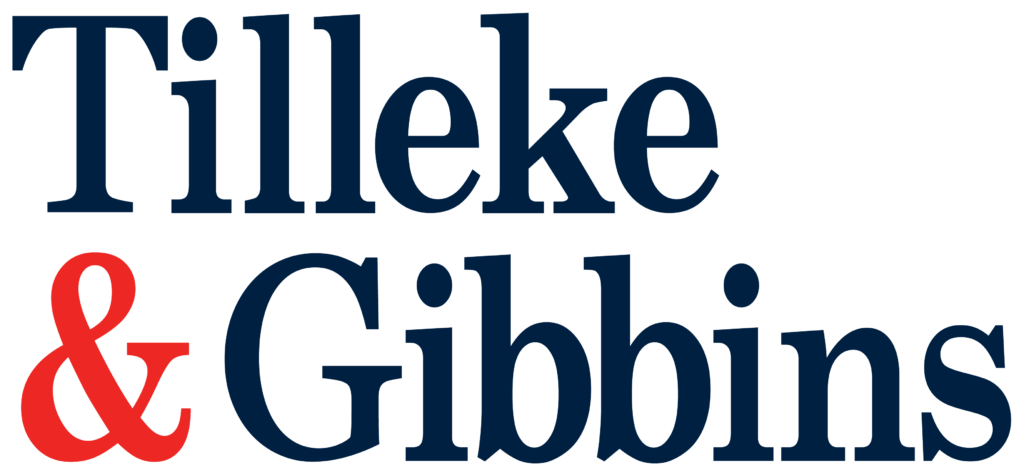Thailand’s Securities and Exchange Commission (SEC) has revised its regulations on digital asset operators and exchanges to impose stricter governance standards on digital asset business operators and to align digital asset exchange rules with international standards. The new regulations are laid out in SEC Notification No. GorThor. 23/2567 on the Criteria, Conditions, and Procedures for Operating a Digital Asset Business (No. 24) and SEC Notification No. GorLorThor. 24/2567 on Determination of Prohibited Qualifications for Directors and Executives of Digital Asset Business Operators (No. 5). These were published in the Government Gazette on August 16, 2024, with most of the provisions taking effect on the same date.
Governance for Digital Asset Businesses
The heightened standards for digital asset business operators aim to ensure efficient business supervision and appropriate response to operational risks. The new requirements mainly address:
- Board of directors composition. Large-sized digital asset business operators (i.e., those with at least 10,000 customers and holding customer assets of at least THB 500 million) who do not provide digital asset custodian services must have at least five directors, at least two of whom must be independent directors. In addition, the business operators must establish an audit committee, with at least two members being independent directors, to create an appropriate “check and balance” mechanism within the organizational structure. Current digital asset business operators must comply with the requirements within 180 days of the notification’s effective date.
- Qualifications of authorized directors and managers. Authorized directors and managers are now required to (1) either have at least one year of working experience in the digital asset field or have participated in a digital asset course from an SEC-approved list, and (2) participate in a good corporate governance course recognized by the SEC. Current authorized directors and managers who have not previously completed a good corporate governance training course must complete such a course within one year of the notification’s effective date.
- Management and operational structures. Check-and-balance mechanisms are required for every major operational system. Business operators must establish a customer asset management policy, and all customer assets in the business operator’s custody must be managed according to the security risk and by separate personnel from other operational personnel that may have a conflict of interest. Business operators must also provide a customer service system that is suitable to the risk and complexity levels of the relevant types of digital assets.
Exchange Rules
The SEC has also introduced new minimum requirements for digital asset exchange rules, which must be approved by the SEC. The key updates include:
- Listing and delisting rules. As indicated by a new utility token supervisory scheme that was issued days earlier, group 1 utility tokens are not allowed to be listed on the exchange. (Group 1 utility tokens are those issued for consumption purposes or as a digital representation of a certificate, such as loyalty points, concert tickets, NFTs, and carbon credits.) In addition, listing rules now require adoption of the “silent period” concept, whereby tokens offered for sale below the market price cannot be listed in the six months after the offering. In terms of issuer disclosure, digital asset exchanges must now require digital token issuers to disclose information as stipulated by the SEC.
- Trading, clearing, and settlement rules. Digital asset exchanges are now required to have a real-time trade monitoring system to detect abnormal trades, and daily monitoring reports must be submitted to the SEC. If the digital asset exchange finds suspicious action, it must promptly report this to the SEC. The digital asset exchange must also have signposting to inform investors about potential risks from investing in certain tokens.
- Market makers. Digital asset exchanges with market makers must have rules on qualifications, scope of work, ongoing performance supervision, and noncompliance measures relating to market makers.







